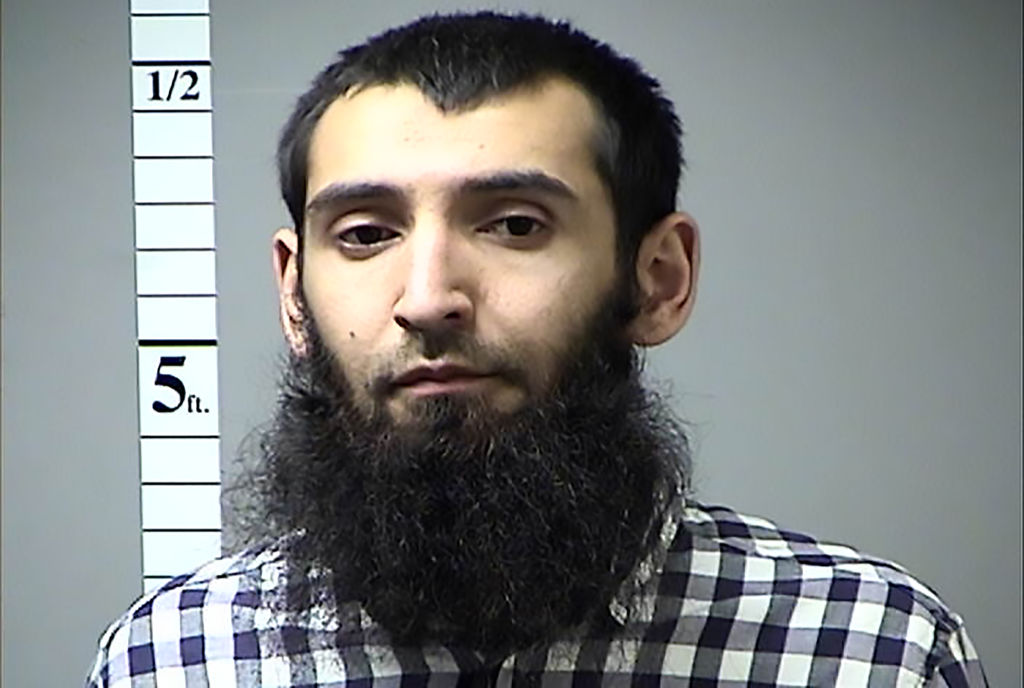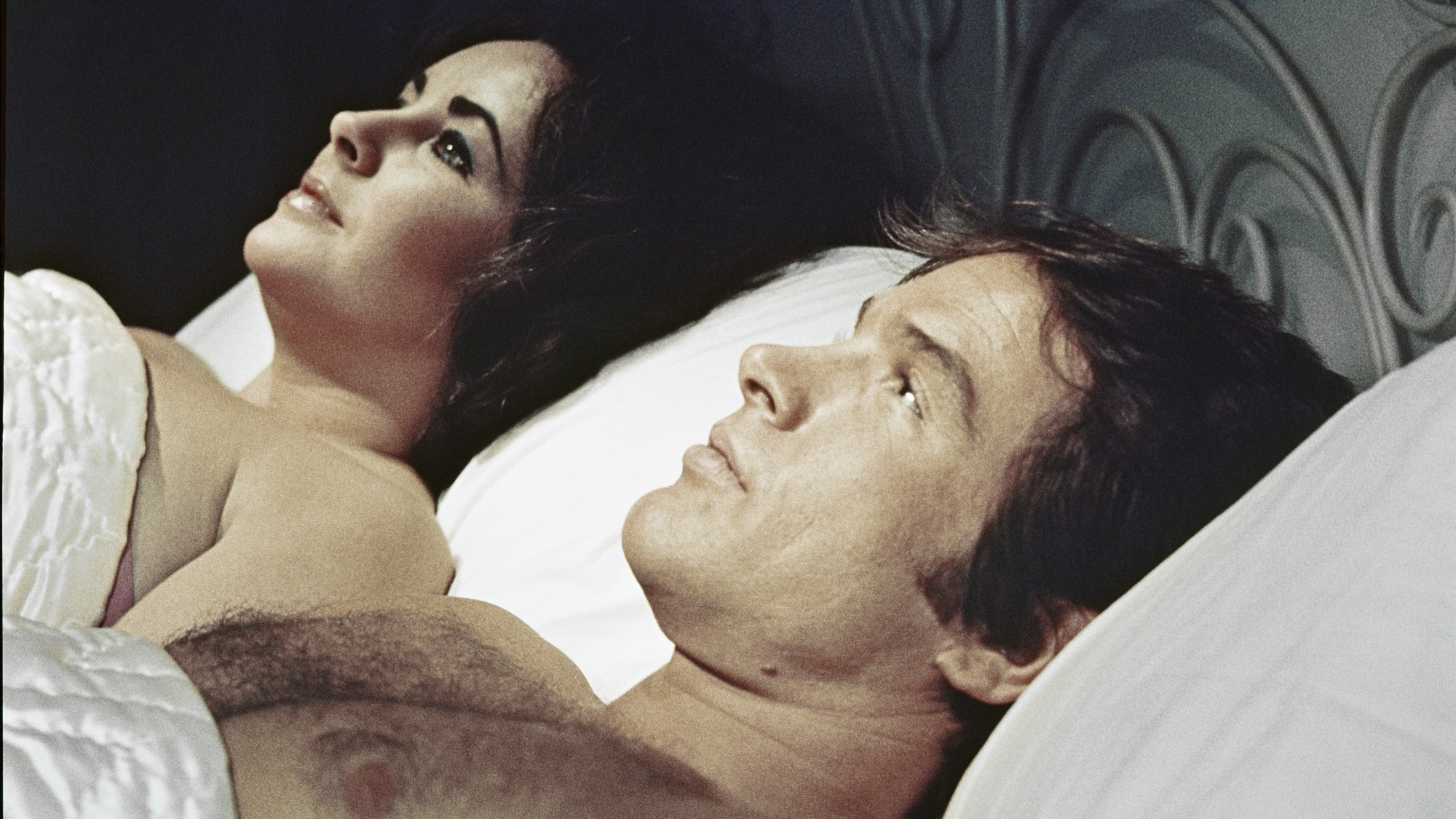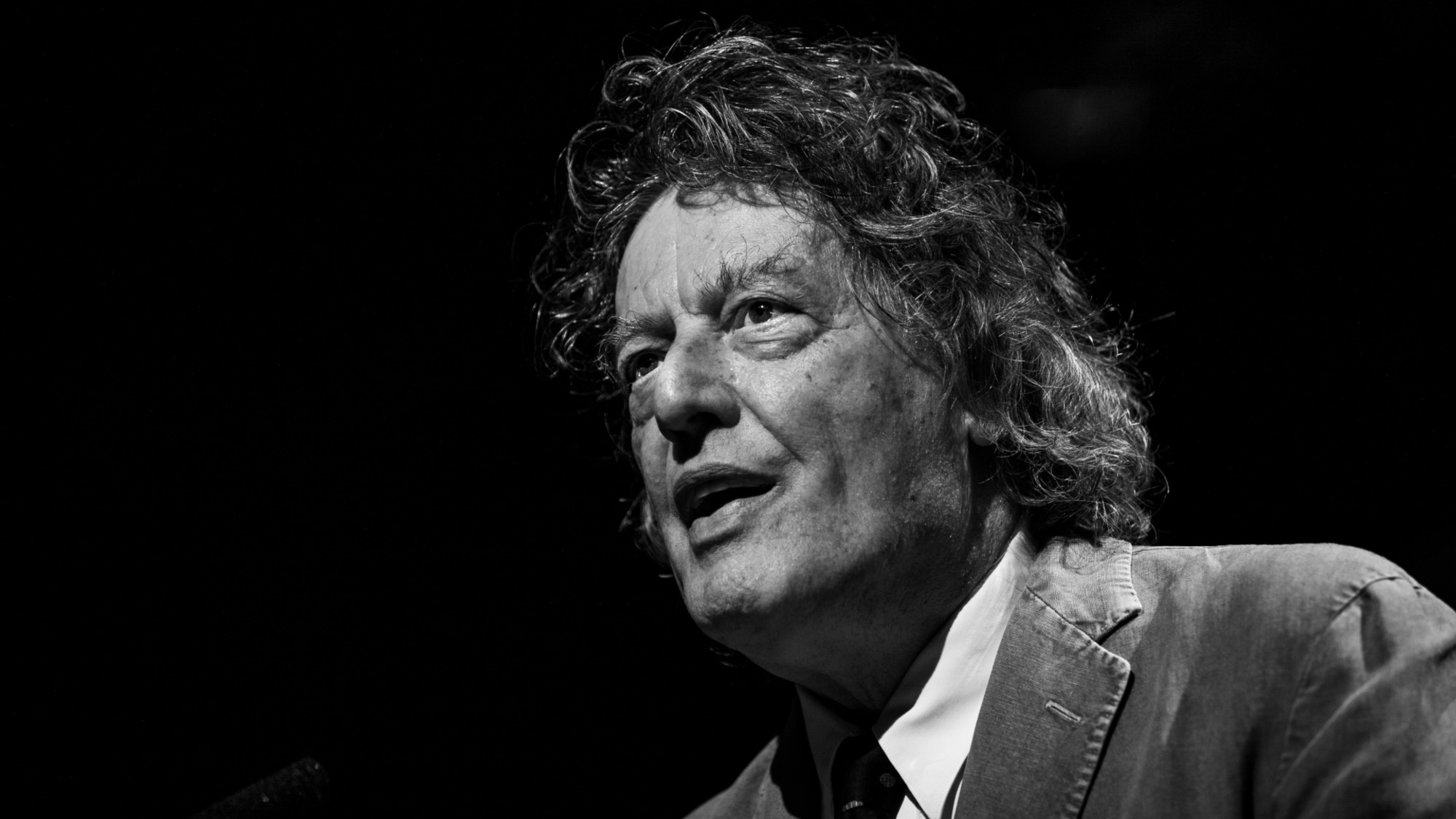The New York City terrorism suspect says he was inspired by ISIS. ISIS hasn't returned the love.


When he allegedly drove his rented truck into a crowd on a bike path in lower Manhattan on Tuesday, killing eight people but aiming for more, Sayfullo Saipov had a handwritten note in Arabic in the truck. "The gist of the note was the Islamic State would endure forever," John Miller, the deputy NYPD commissioner for intelligence and counterterrorism, said Wednesday. A criminal complaint said that Saipov told investigators he had considered placing an ISIS flag on the truck, too, and asked that such a flag be hung in his hospital room. Saipov also told investigators "he felt good about what he had done," the complaint says, and many of the 90 videos on his phone are ISIS propaganda.
Yet as of early Thursday, ISIS had not claimed responsibility for Saipov's attack.
That may seem strange, given that claiming responsibility for "the worst terrorist attack in the city since Sept. 11, 2001, might be expected to project an image of strength for the group" at a time when it has lost 90 percent of its territory, says Rukmini Callimachi at The New York Times. But "with few exceptions, the Islamic State has not claimed attacks when a surviving recruit falls into the hands of the authorities." Callimachi points to ISIS-linked terrorist attacks in Brussels, Paris, Stockholm, and Canada where ISIS did not claim credit. "The constant in each of these cases is that the perpetrator was apprehended," she says.
The Week
Escape your echo chamber. Get the facts behind the news, plus analysis from multiple perspectives.

Sign up for The Week's Free Newsletters
From our morning news briefing to a weekly Good News Newsletter, get the best of The Week delivered directly to your inbox.
From our morning news briefing to a weekly Good News Newsletter, get the best of The Week delivered directly to your inbox.
There are two main theories for this silence when captured. One is that ISIS is protecting its adherents from being legally tied to the terrorist organization when they face prosecution. The other is that ISIS urges recruits to die after their attacks, preferably in a gunfight with police. If the "martyrdom operation" doesn't end in death, says Jean-Charles Brisard, director of the Center for the Analysis of Terrorism in Paris, the mission is incomplete. You can read more at The New York Times.
A free daily email with the biggest news stories of the day – and the best features from TheWeek.com
Peter has worked as a news and culture writer and editor at The Week since the site's launch in 2008. He covers politics, world affairs, religion and cultural currents. His journalism career began as a copy editor at a financial newswire and has included editorial positions at The New York Times Magazine, Facts on File, and Oregon State University.
-
 How coupling up became cringe
How coupling up became cringeTalking Point For some younger women, going out with a man – or worse, marrying one – is distinctly uncool
-
 The rapid-fire brilliance of Tom Stoppard
The rapid-fire brilliance of Tom StoppardIn the Spotlight The 88-year-old was a playwright of dazzling wit and complex ideas
-
 How your household budget could look in 2026
How your household budget could look in 2026The Explainer The government is trying to balance the nation’s books but energy bills and the cost of food could impact your finances
-
 British warship repels 'largest Houthi attack to date' in the Red Sea
British warship repels 'largest Houthi attack to date' in the Red SeaSpeed read Western allies warn of military response to Iranian-backed Yemeni rebels if attacks on ships continue
-
 Houthi rebels claim Red Sea ship attacks
Houthi rebels claim Red Sea ship attacksspeed read Iran-backed Yemeni group vows to escalate aggression towards Israel-linked vessels in revenge for Gaza war
-
 Israel plans next phase of Gaza war as first hostages released
Israel plans next phase of Gaza war as first hostages releasedSpeed read After four-day ceasefire 'we will not stop' until destruction of Hamas, says Israel
-
 Mob storms Russian airport 'looking for Jews'
Mob storms Russian airport 'looking for Jews'Speed Read Plane from Israel surrounded by rioters chanting antisemitic slogans after landing in Russia's Dagestan region
-
 Tuberville's military promotions block is upending lives, combat readiness, 3 military branch chiefs say
Tuberville's military promotions block is upending lives, combat readiness, 3 military branch chiefs saySpeed Read
-
 Ukraine's counteroffensive is making incremental gains. Does it matter in the broader war?
Ukraine's counteroffensive is making incremental gains. Does it matter in the broader war?Speed Read
-
 US commissions first-ever Navy ship in a foreign port
US commissions first-ever Navy ship in a foreign portSpeed Read
-
 British spy chief, Wagner video suggest Prigozhin is alive and freely 'floating around'
British spy chief, Wagner video suggest Prigozhin is alive and freely 'floating around'Speed Read
